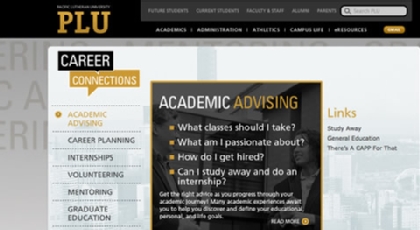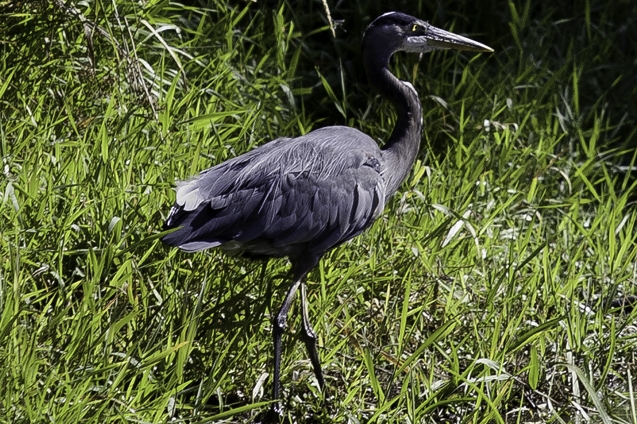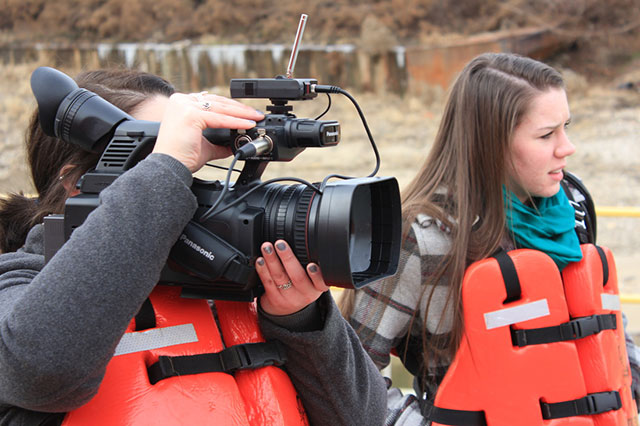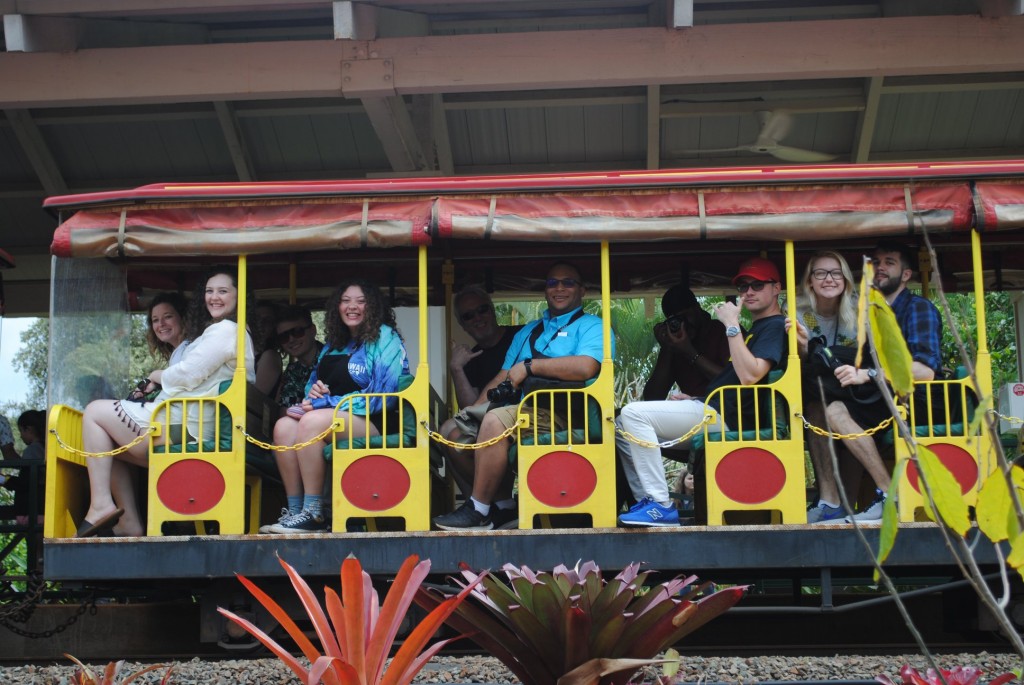Page 239 • (5,785 results in 3.152 seconds)
-

internships, tips for parents of students who are in the job search arena and places where alumni can check out LinkedIn groups or connect with current students. The site also has academic resources to help in class selection and sections to peruse volunteer opportunities. “We are set to connect with students wherever they are on their journey,” said Ruth Rogers, Director of Career Development and Student Employment. “It’s never too early to begin, and to look at your career search in a focused way.” For
-

the park’s free roaming area where they saw animals in all aspects of their natural lives. The early-morning ride, while a bit chilly, brought a close encounter with every animal in this area of the park, including deer, geese, bighorn sheep, mountain goats, moose, bison and a blue heron. Some of the animals, like the sheep, were spotted laying in an open meadow a few yards away, while others, like a shaggy mountain goat were almost close enough to touch from the tram. For many, this was their
-

; rather, evil in the first wave of Holocaust literature is identified with a system of shadow and death. In the second mode, that shadow is personified, given a name, attached to a body, and called Eichmann, Goebbels, Globocnik, Heydrich, Himmler, Höss, and so on, or some fictionalized character based on these real people and so many more. Furthermore, the first mode is typically a survivor testimony or published early on in the chronology of Holocaust literature, where the second may be written by
-

win in 2009. The Tapped Out team spent much of early 2013 traveling more than 10,000 miles across the U.S. and Canada to produce the film. To learn about the current state of the world’s oceans, rivers, lakes, glaciers and aquifers, the team conducted dozens of interviews with geologists, hydrologists, officials from the United Nations, the U.S. Environmental Protection Agency, the U.S. Bureau of Reclamation, business leaders, representatives of environmental organizations, citizens and many
-
students understood the concepts they learned about in the book. I also now have new material that we all received together directly from the author, which I can refer back to later in the semester.”What advice would you have for someone interested in trying this strategy or tool? “It’s a good idea to arrive as early as possible to get set up and run a test call before class starts. What I did, and found useful, is to schedule the call to begin at least fifteen minutes after the beginning of class, and
-

human emotions and the progression of relationships. This year’s guest choreography exposes the relationship between the hunter, the prey and the wolf. Guest choreographer Jessica Zoller explains that the inspiration for her piece Keep them at Bay occurred while listening to an episode of This American Life. The episode discussed infamous American Custer Wolves that terrorized cattle and eluded hunters in the early 1900s. Intrigued by the Custer Wolf, Zoller decided to explore themes of
-

School. Tomorrow we’ll visit ‘Iolani High School, and then share a final luau dinner and show at the Polynesian Cultural Center. We’ll get up early and head home the final day. Thank you to all of the wind ensemble student performers, Dr. Powell, all other PLU family, and our school hosts. We have had a wonderful time in Hawaii and we are honored to have shared our tour with all of you. Our tour has been a success and we can’t wait until the next time we are able to return. Mahalo! ~ Ryan Marsh
-
applied). And we didn’t expect to get the money that would let us buy something this powerful.” This grant comes on the heels of another grant from the NSF in early 2007, where the department received $181,000 to buy an atomic force microscope. The spectrometer itself, which arrived this spring, is not much to look at – even the enthusiastic team of professors Craig Fryhle, Dean Waldow, Myriam Cotten and Neal Yakelis admit this. It looks, from the photographs, like a rather large thermos surrounded by
-

Forbis said. “People at PLU have always thought that BAP is only for Accounting students, but it is also for Finance and Information students.” Forbis said the PLU team sent an abstract for the competition at the end of January, and it was accepted in early February for an oral presentation. In Portland, Forbis said, “The team had only eight minutes, with two minutes of Q/A, to explain the project, the project’s outcome and why other chapters can benefit from this.” For the national competition in
-

, Henrichsen interned at the United Nations; was part of the first Communication class to study internationally; and was a columnist for PLU’s student newspaper, The Mooring Mast. She did this all with the help of her first professor at PLU, Professor of Communication Joanne Lisosky. “I met her really early on,” said Henrichsen. “I talked with her about my goals and ideas. We connected really quickly, which was awesome. I stayed in the Communication department because I appreciated her role, her enthusiasm
Do you have any feedback for us? If so, feel free to use our Feedback Form.


